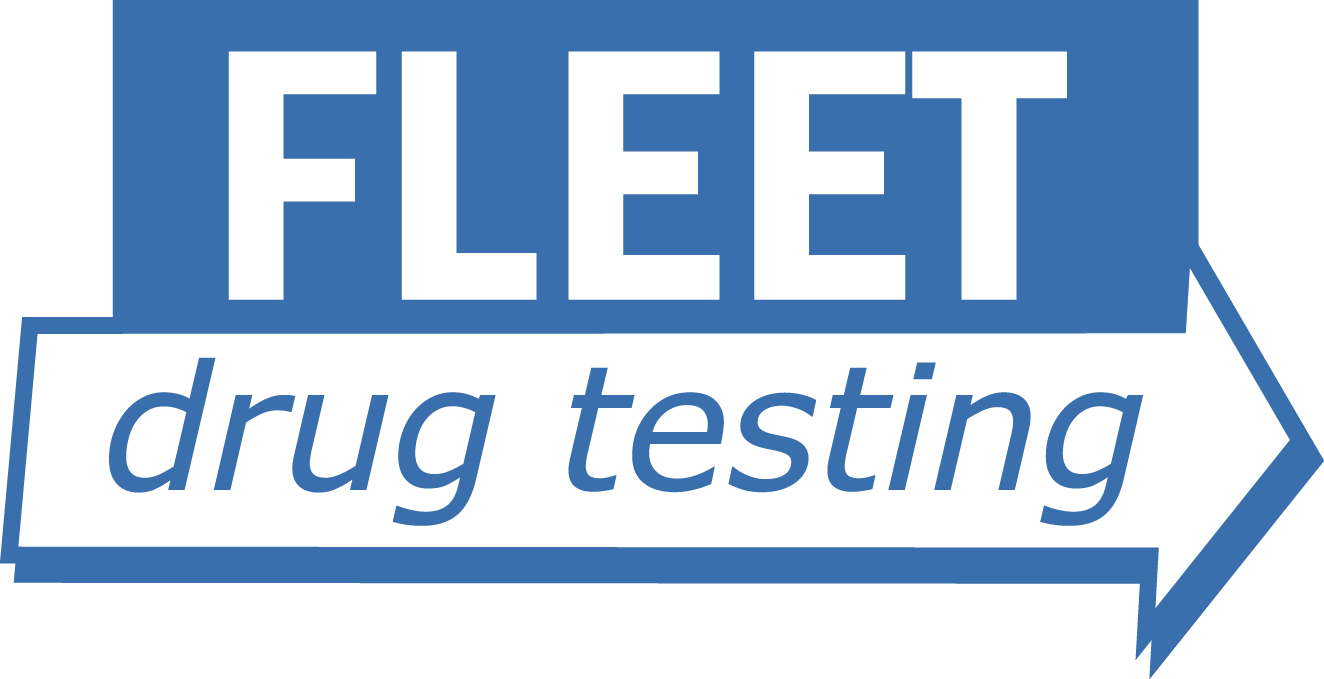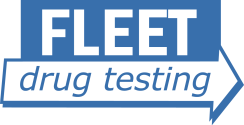New Jersey’s location along the eastern seaboard makes it a hub for many different modes of transportation. When you work in this industry, one of the things you’ll have to do periodically is be drug tested. At Fleet Drug Testing, we have you covered. Our programs and network of drug testing locations throughout the state makes sure you can meet these demands, whether you work in Trenton or your route takes you along the New Jersey Turnpike.
Contact us today to get started.
Who Gets Drug Tested in New Jersey?
Just like employees in different regions, it’s crucial for those in New Jersey to stay compliant with DOT regulations to keep their licenses and businesses intact. These regulations mainly mandate drug and alcohol testing for “safety-sensitive” employees. While this primarily includes drivers, it extends to various other roles like:
- Pilots
- Train engineers and conductors
- Air traffic controllers
- Ship captains and crew
- Pipeline maintenance workers
- Mass transit workers
- Flight attendants
- Nuclear power plant workers
Whether they are self-employed or part of a larger company, safety-sensitive employees have to be drug tested. Before getting into when you’ll be drug tested, it’s important to look at the actual procedure that the DOT regulates:
- Notifying the employee – Employers are responsible for informing employees about testing procedures, including when and where the testing will take place.
- Reporting for the test and giving a sample – A trained collector at the testing location gathers a urine sample from the employee, ensuring proper labeling and sealing to prevent tampering.
- Splitting the sample -The urine sample is divided into two containers: the primary and split specimens. The primary specimen undergoes testing at a certified laboratory, while the split specimen is retained at the collection site in case of result challenges.
- Laboratory testing of the sample – The primary specimen undergoes analysis at a certified laboratory using an immunoassay test. If the result is positive, the lab will use gas chromatography/mass spectrometry (GC/MS) to conduct a confirmation test.
- MRO review – The Medical Review Officer (MRO) reviews the test results, contacting the employee in case of a positive result. The MRO also inquires about any prescription medications that may have influenced the result. With a valid medical explanation, the MRO reports the result as negative.
- Reporting the results – The MRO communicates the test results to the employer. In the event of a positive result, the employee must be immediately removed from safety-sensitive duties, and the employer may need to report the positive result to the DOT.
As you might expect, there could be actions taken against you depending on the results. That’s why it’s important to not only stay away from drug use, but to also become more aware as to when you’ll be drug tested.
When Will I Be Drug Tested?
As a safety-sensitive employee, being drug tested is just part of your job. That doesn’t mean that the process or concept of drug testing isn’t stressful. At the same time, it’s absolutely vital for keeping you and others safe. So, in order to be better prepared, the DOT lays out exactly when you and other similar employees will be drug tested:
- Pre-employment testing – Before being hired for a job involving safety-sensitive tasks, you’ll need to undergo a drug test. A positive result may lead to you not getting the job.
- Random testing – As a safety-sensitive employee, you’ll be randomly selected for drug and alcohol testing under DOT regulations. Employers use a computer-based system to randomly choose employees for testing, with at least 50% tested for drugs and 10% for alcohol annually.
- Reasonable suspicion testing – If there’s a reasonable belief that you’re under the influence of drugs or alcohol, DOT regulations say that you have to undergo testing.
- Post-accident testing – Following a work-related accident causing serious injuries, fatalities, or property damage, you must undergo a drug test.
- Return-to-duty testing – After testing positive for drugs or alcohol, you’ll have to complete a substance abuse treatment program and pass a “return-to-duty” test before resuming safety-sensitive duties.
- Follow-up testing – Even after returning to safety-sensitive duties, if you have a history of positive drug or alcohol tests you will have to continue with follow-up testing.
The DOT drug testing panels include five substances:
- Marijuana/THC
- Cocaine
- Amphetamines (including methamphetamine and MDMA)
- Opioids (such as codeine, heroin, and morphine)
- Phencyclidine (PCP)
How Effective is the DOT’s Drug Testing Program?
As you might expect, because the DOT has all the resources and power of the federal government behind it, the drug testing program is quite effective in at least curbing illegal drug use by safety-sensitive employees. Following DOT drug testing is a must for your job, but its impact goes beyond just finding drug use in New Jersey’s transportation industry. The program focuses on overall safety, and it shows its effectiveness in various ways:
- Using random testing – Random drug testing encourages employees to rethink using drugs or alcohol while engaged in safety-sensitive tasks.
- Setting strict guidelines – The program provides explicit guidelines and rules for drug testing, ensuring standardized procedures and regulations are followed by both employers and employees.
- Properly identifying substances – By employing methods like urine testing, the program precisely detects prohibited substances, helping identify individuals who may pose safety risks due to drug use.
- Taking action after positive results – In the event of a positive test, the program allows for necessary actions, including removing employees from safety-sensitive positions, completing substance abuse treatment programs, and passing a “return-to-duty” test before being allowed back to work.
- Full sector coverage – As the DOT comprises various agencies, the program ensures consistent drug testing standards across safety-sensitive industries.
Get Started With Fleet Drug Testing in New Jersey
There’s no getting around drug testing and other DOT regulations if you work in certain roles in the transportation industry. So, when you need to get drug tested in New Jersey, Fleet Drug Testing has the services and programs you need. We’ll help you find convenient locations and comply with any other drug testing needs. Contact us today to get started.

